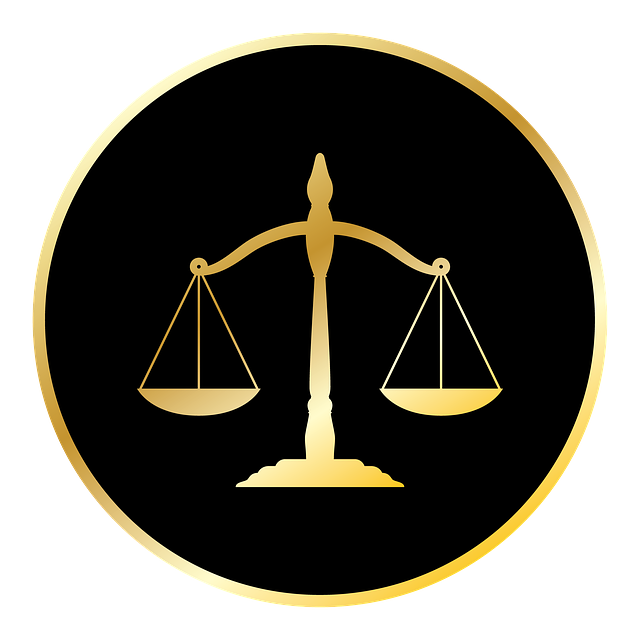Facing contempt of court charges in Oregon? A skilled attorney is crucial to navigate complex laws and build a strong defense. Strategies include challenging order validity, proving compliance impossibility, scrutinizing procedural errors, and leveraging financial records. These tactics aim to protect rights and secure favorable outcomes for individuals and organizations accused of contempt in Oregon.
In Oregon, contempt of court is a serious charge, carrying significant penalties. This article delves into the strategic legal defenses available against such charges, offering a comprehensive guide for those faced with this challenge. We explore ‘contempt of court’ in Oregon: definitions, elements, and the role of legal professionals in navigating these complex cases. Understanding these aspects is crucial for mounting an effective legal defense in Oregon. Learn how to protect your rights and navigate the system effectively.
- Understanding Contempt of Court in Oregon: Definitions and Elements
- Strategic Legal Defenses Against Contempt Charges in Oregon
- The Role of Legal Professionals in Navigating Contempt Cases in Oregon
Understanding Contempt of Court in Oregon: Definitions and Elements

In Oregon, contempt of court refers to willful failure or refusal to comply with a court order or rule. It’s a serious legal matter that can result in penalties ranging from fines to imprisonment. To establish contempt, a court must find that there was a clear and unambiguous order, knowledge of the order, and a voluntary violation. This includes instances where individuals or organizations fail to appear, refuse to provide evidence, or deliberately disobey judicial decrees.
Defending against contempt charges in Oregon requires a strategic legal approach. Those accused should consult with an experienced attorney who can help them understand the specific elements of the charge and build a robust defense. Legal defenses might include demonstrating lack of knowledge of the order, proving inability to comply, or showing that the court’s order was unclear or overly broad. Understanding the nuances of Oregon’s contempt laws is crucial for mounting an effective legal defense.
Strategic Legal Defenses Against Contempt Charges in Oregon

Facing contempt charges in Oregon can be a complex and stressful situation, but strategic legal defenses are available to those who understand their rights. One common approach is to challenge the validity of the underlying court order. If the order was ambiguously worded or issued without proper notice, it may be vulnerable to a “void” argument, rendering any contempt charges moot. Additionally, proving that the accused lacked the means or ability to comply with the order can be a powerful defense. This might involve presenting financial records or other evidence demonstrating an inability to fulfill the court’s mandate.
Another effective strategy involves exploring procedural errors. Contempt proceedings must adhere to strict legal protocols; any deviation could undermine the case against the defendant. Lawyers skilled in Oregon contempt law can scrutinize the process, looking for issues such as lack of proper service, insufficient evidence, or procedural irregularities. By raising these defenses, individuals accused of contempt can navigate the legal system more effectively and potentially avoid adverse outcomes.
The Role of Legal Professionals in Navigating Contempt Cases in Oregon

In Oregon, legal professionals play a pivotal role in defending individuals and organizations accused of contempt. They are instrumental in navigating the complex web of laws and procedures surrounding contempt charges, ensuring clients’ rights are protected. These experts guide their clients through the process, providing strategic advice tailored to each unique case. By leveraging their knowledge of Oregon’s legal framework, they construct robust defenses, aiming to dismiss baseless allegations or mitigate potential penalties.
Legal professionals employ various tactics to challenge contempt accusations. This may include questioning the validity of court orders, examining the facts and circumstances surrounding alleged violations, and advocating for reasonable interpretations of legal language. Through meticulous research and persuasive argumentation, they help clients present their side effectively, ultimately aiming to achieve a favorable outcome in court.






